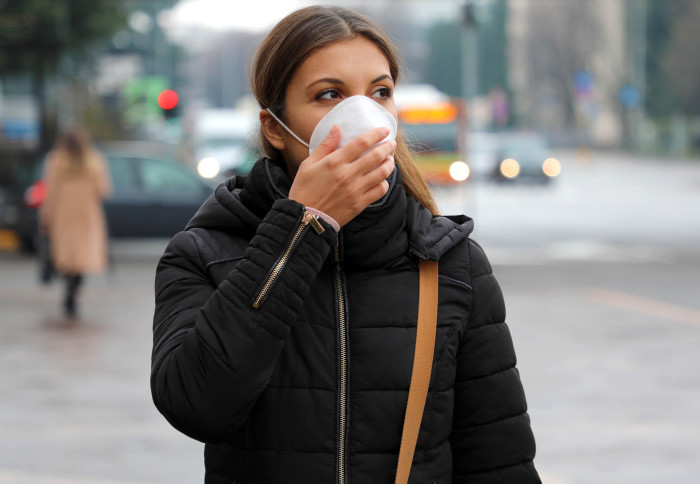New vaccine study to investigate durability of COVID-19 immunity

UK Research and Innovation (UKRI) funding will support new research into the durability of COVID-19 immunity after vaccination and natural infection.
The study, led by Imperial’s Professor Rosemary Boyton, is one of five to be backed by a UKRI funding boost of over £4 million.
The project will investigate immunity to SARS-CoV-2 infection in the UK, South Africa and Brazil, including the alpha, beta, gamma and delta variants, in a collaborative study with research partners in the UK and abroad.
It aims to understand the durability and nature of immune protection from COVID-19 in those who have been vaccinated and following natural infection, and susceptibility to reinfection and breakthrough infections, especially with variants.
The project will also investigate if and how the vaccine response is impaired in immunosuppressed people who have inflammatory bowel disease or chronic myeloid leukaemia.
This will allow researchers to provide guidance regarding the need for vaccine boosters in healthy adults and immunosuppressed people.
Decoding COVID-19 immunity
Professor Boyton said: “In the worldwide battle against the COVID-19, the challenge we now face is that different populations around the world carry immunity shaped by different SARS-CoV-2 infection histories (e.g. Wuhan Hu-1 versus alpha, beta, gamma and delta) overlaid by no, one or two-dose vaccination.”
“We urgently need to decode the outcome of this interplay on different components of the immune repertoire against current and future variants of concern to understand the impact this has on the effectiveness and durability of responses in healthy and immunologically vulnerable adults, and to inform future vaccination strategies.”
Professor Danny Altmann said: “The study of COVID-19 immunology has become even more complex at a time when the world is infected by diverse variants and offered different vaccines. This proposal looks at the B and T cell immunology of long-term immune protection in cohorts from the UK, Brazil and South Africa to understand the durability of immunity and how to futureproof against forthcoming variants of concern.”
Science Minister Amanda Solloway said: “As we build back better from the COVID-19 pandemic, it’s critical that we continue supporting our world class researchers to better understand the virus and how to tackle it, including our successful vaccination programme.”
“These five COVID-19 research studies we are throwing our weight behind today will be crucial in helping us to solve important unanswered questions – from how long vaccine immunity lasts to the potential effectiveness of booster shots.”
Dr Rob Buckle, Chief Scientist of the Medical Research Council (MRC), part of UKRI which funded the trials, said: “Vaccines have proved to be an invaluable tool in the fight against COVID-19, but there are still questions to be answered, from the durability of post-vaccine immunity to vaccine efficacy for people with weakened immune systems.”
“These studies will help provide guidance to policy makers and clinicians on a range of issues, including when and for whom booster shots are necessary.”
This article was adapted from a press release by URKI
Image: Shutterstock
Article supporters
Article text (excluding photos or graphics) © Imperial College London.
Photos and graphics subject to third party copyright used with permission or © Imperial College London.
Reporter
Ms Genevieve Timmins
Academic Services